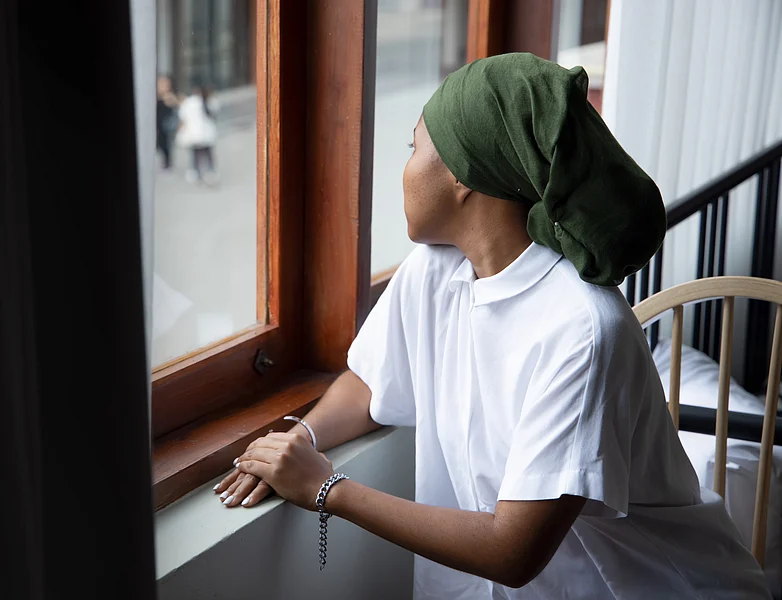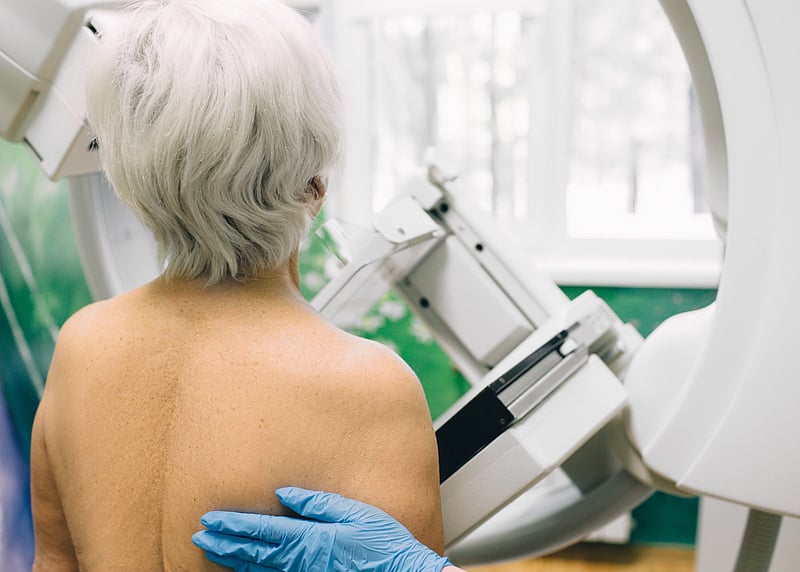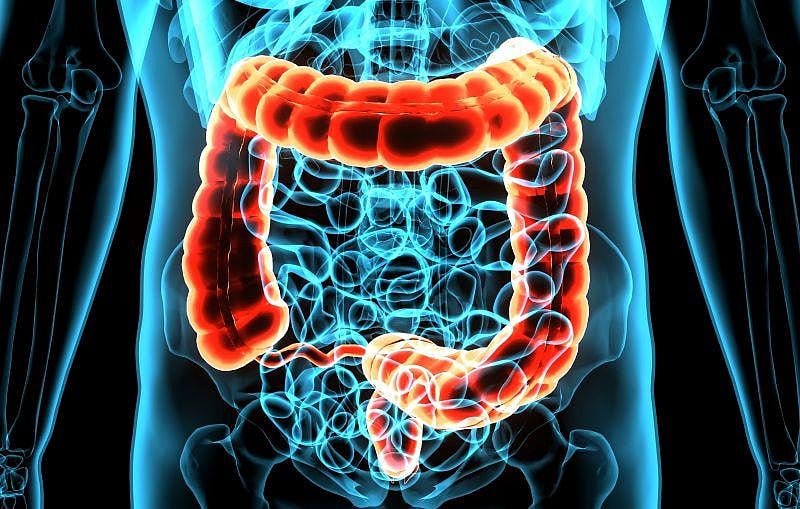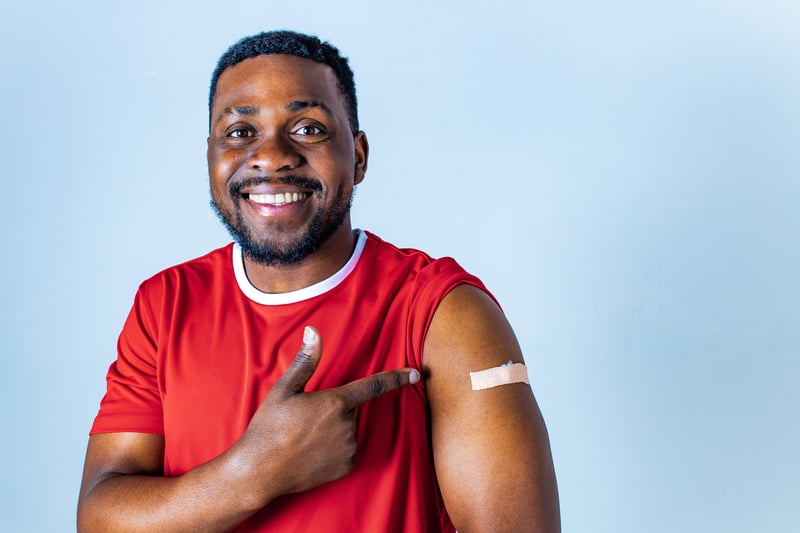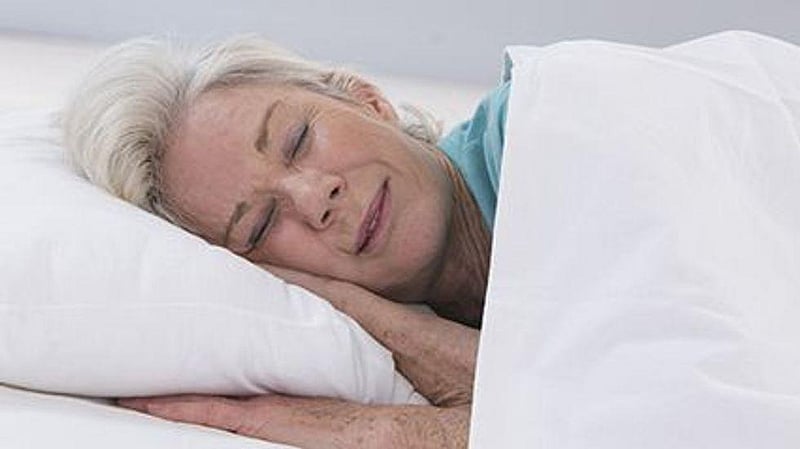Get Healthy!
Results for search "Age".
Health News Results - 20
Cancer is surging among people under 50, a new global study reveals.
Over the past 30 years, new cases have increased 79% worldwide in that age bracket, according to a report published Sept. 5 in BMJ Oncology.
The fastest rising cancers are in the windpipe and prostate, and most deaths have been from brea...
- HealthDay Reporter
- Steven Reinberg
- |
- September 6, 2023
- |
- Full Page
The risks of screening mammograms to catch breast cancer may outweigh the benefits for certain women aged 70 or older, new research indicates.
The main risk? Overdiagnosis and treatment of a breast cancer that likely wouldn't have caused any symptoms during a woman's lifetime.
"For women who are on the younger end of the age range and who are generally healthy, the risk of overdiagn...
- HealthDay Reporter
- Denise Mann
- |
- August 8, 2023
- |
- Full Page
With colon cancer on the rise among younger Americans, researchers are working to figure out why.
A new study suggests the microbiome -- the community of microorganisms in the body -- may play a role.
"Younger people with colorectal cancer have more biologically aggressive cancers and whatever survival benefit they have by being younger is outweighed by the more aggressive tumor bi...
- HealthDay Reporter
- Cara Murez
- |
- May 26, 2023
- |
- Full Page
The difference between age 69 and age 70 is, of course, just a single year.
Yet, organizations that receive organs for transplant patients are less likely to choose one from the older donor, a new study finds.
American organ procurement organization...
- HealthDay Reporter
- Cara Murez
- |
- November 21, 2022
- |
- Full Page
Your age may play a huge role in whether you'll decide to get a COVID vaccine, new research finds.
Though vaccine hesitancy due to personal politics has drawn a lot of media attention, a University of Georgia study reveals it's not the only consideration.
The link between vaccines a...
- HealthDay Reporter
- Cara Murez
- |
- July 6, 2022
- |
- Full Page
Older adults are no more likely to believe fake news than younger adults, with the exception of the very oldest, a new study finds.
Falling for fake news can have significant physical, emotional and financial consequences, especially for older adults who may have their life savings or serious medical issues at stake, the researchers said.
"We wanted to see if there was an age differ...
- HealthDay Reporter
- Robert Preidt
- |
- May 6, 2022
- |
- Full Page
Although there's been a marked decline in rates of stroke among older adults over the past 30 years, growing numbers of young Americans are having strokes.
Obesity may be one reason why, experts say.
"The decline in strokes in people aged 50 and older is likely due to better stroke risk factor control, such as...
- HealthDay Reporter
- Denise Mann
- |
- February 3, 2022
- |
- Full Page
People who believe their bodies and minds will break down with age may be creating a self-fulfilling prophecy, a recent study suggests.
Researchers found that older adults with a dim outlook on aging tended to report more physical health symptoms on days when they were stressed out than on less stressful days.
In contrast, people with more of a "golden years" perspective seemed to h...
- HealthDay Reporter
- Amy Norton
- |
- January 18, 2022
- |
- Full Page
A new study confirms what many older women already know: Bladder problems in women worsen with age.
The researchers found that postmenopausal women between 45 and 54 years of age are more likely to have overactive bladder syndrome, and that obesity and multiple ...
- HealthDay Reporter
- Robert Preidt
- |
- December 17, 2021
- |
- Full Page
Nearly 1 in 3 older Americans plan an extended trip next year, and 1 in 4 plan to travel for the holidays, but many will take COVID-19 into account, a new survey shows.
If COVID cases surge at their destination, 20% said they would definitely change their plans, and another 52% said they might do so.
"These poll findings are consistent with previous AARP research which shows that op...
- HealthDay Reporter
- Robert Preidt
- |
- November 17, 2021
- |
- Full Page
Is there an ideal time to go to bed every night if you want to dodge heart disease?
Apparently there is, claims a new study that found hitting the sack between 10 and 11 p.m. may be the ideal time to cut the risk for cardiovascular trouble.
The finding may be worth heeding, since the researchers also found that going to sleep before 10 p.m. or at midnight or later might raise the ri...
- HealthDay Reporter
- Steven Reinberg
- |
- November 9, 2021
- |
- Full Page
It's a life-and-death prediction: How likely is early-stage breast cancer to spread throughout the rest of a patient's body?
A new analysis that tried to make that call easier for doctors to predict found that a younger age at diagnosis was a strong indicator of spreading ("metastatic") cancer.
To come to that conclusion, the researchers analyzed data from tens of thousands of women...
- HealthDay Reporter
- Robert Preidt
- |
- November 3, 2021
- |
- Full Page
Two placenta-related markers could reveal older women's risk of serious pregnancy problems such as stillbirth and premature or very small babies, British researchers say.
They analyzed blood samples and medical data from 527 pregnant U.K. women, including 158 in their 20s; 212 in their 30s; and 157 in their 40s.
- HealthDay Reporter
- Robert Preidt
- |
- November 2, 2021
- |
- Full Page
Younger patients with advanced colon cancer don't live longer than older patients, but it's unclear why, researchers say.
The authors of the new study said they were surprised by the findings, which come as colon cancer rates are on the rise among young Americans.
"As a group, younger patients are more physically active and have higher performance status and are better able to perfo...
- HealthDay Reporter
- Robert Preidt
- |
- October 28, 2021
- |
- Full Page
Most adults who lose smell or taste due to COVID-19 infection regain those senses within months, but a quick recovery is more likely in those under 40, a new study finds.
It included 798 participants in an ongoing survey who reported a loss of either sense after testing positive for COVID.
- HealthDay Reporter
- |
- October 11, 2021
- |
- Full Page
Older adults who are socially isolated are more likely to experience serious disability or die after a stay in the intensive care unit (ICU), new research reveals.
"This important research finding sheds light on a crucial health care issue that has become more dire during the COVID-19 pandemic," said Dr. E. Albert Reece, dean of the University of Maryland School of Medicine, in Baltimore....
- HealthDay Reporter
- Cara Murez
- |
- September 15, 2021
- |
- Full Page
The recommended age to start screening overweight and obese people for diabetes will be lowered by five years from 40 to 35, the nation's leading panel of preventive health experts has announced.
The U.S. Preventive Services Task Force (USPSTF) has decided an earlier five years of testing could help detect more people who have prediabetes, said Dr. Michael Barry, vice chair of the USPSTF....
- HealthDay Reporter
- Dennis Thompson
- |
- August 24, 2021
- |
- Full Page
There's an old saying, "Age and guile beat youth and exuberance," and new research suggests there might be something to that.
Some key brain functions can improve in people as they age, researchers report, challenging the notion that our mental abilities decline across the board as we grow old.
With increasing age, many people appear to get better at focusing on important matters an...
- HealthDay Reporter
- Dennis Thompson
- |
- August 19, 2021
- |
- Full Page
Growing numbers of pregnant women are developing gestational diabetes, putting them and their babies at risk for complications later on.
Gestational diabetes is a type of diabetes that develops during pregnancy in women who weren't already diabetic.
Between 2011 and 2019, rates of gestational diabetes in the United States jumped 30%, according to a large nationwide study of first-ti...
- HealthDay Reporter
- Denise Mann
- |
- August 18, 2021
- |
- Full Page
Foods rich in vitamin D may help protect younger adults against colon cancer, researchers report.
While colon cancer is decreasing overall, cases among younger adults have been on the rise. The trends dovetail with a decline in vitamin D intake from foods such as fish, mushrooms, eggs and milk.
There is growing evidence of a link between vitamin D and risk of colon cancer death, but...
- HealthDay Reporter
- Robert Preidt
- |
- August 18, 2021
- |
- Full Page

